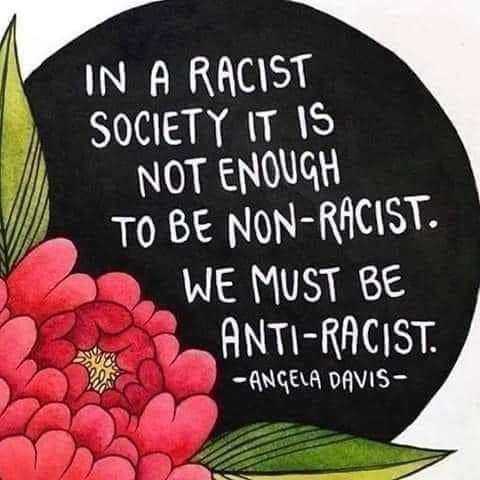“It’s terrible that Black people are being killed by police, but all this looting/rioting has to stop.”
“It’s terrible that all this looting/rioting happens, but Black people being killed by police has to stop.”
Switching the order of the sentence does a couple of amazing things. First, it alters a conditional sentence. The conjunction, “but,” implies that the second clause is a condition that invalidates the first clause.
“It’s bad that x, but y has to stop.”
In other words, as long as y is happening, I should not feel obligated to fix x.
That brings up the second thing switching the clauses does. It reveals in us an alignment of our attitudes. “I’d care more about police killing Black people if there weren’t so many riots happening,” or, “I’d care more about the riots if police didn’t kill so many Black people.”
Are both sentences morally equivalent? To a lot of people, they are. They use the riots as an excuse not to back social reforms aimed at preventing police from abusing power and being held accountable when they do. On the other hand, the same people are accusing others of using police brutality as an excuse to riot. “Why don’t they protest peacefully?” I hear white people ask.
Here is where their hypocrisy lays bare for all to see.
Colin Kaepernick protested peacefully by kneeling. He has since been blackballed by the NFL. People have burned Nike products because Nike made him a spokesperson. His protest was not “respectful enough” for them. No one was rioting, but instead of listening, they attacked the voice calling for change.
White people stayed silent.
We cannot do that anymore. We cannot critique the protest while standing idly by doing nothing.
Stopping the protests will not fix the problem.
Fixing the problem will stop the protests.
#BlackLivesMatter
